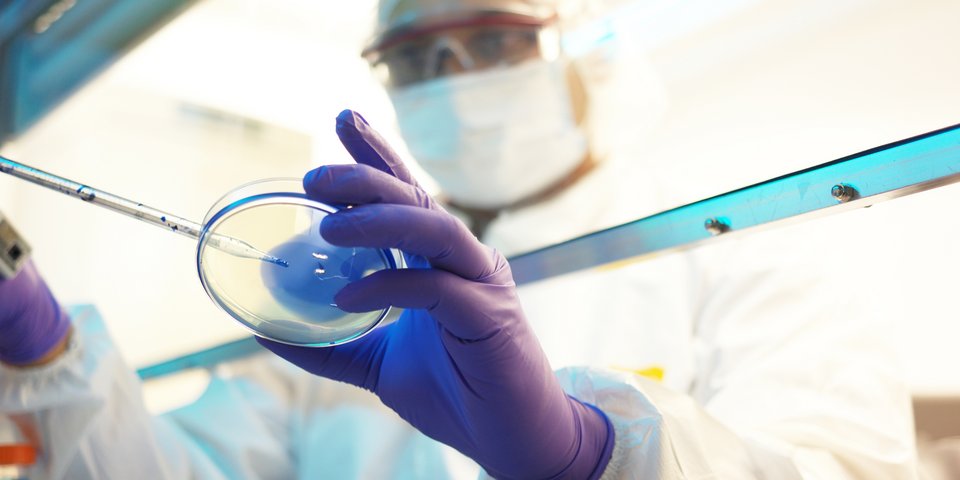 iStockphoto/Reptile8488
iStockphoto/Reptile8488EU Vaccination Strategy
Debate between the Commission President and members of the European parliament.
WN – 02/2021
A plenary session in the European Parliament
held on 10 February saw a debate with Commission President, Ursula von der
Leyen about the EU vaccination strategy and the current challenges. While
defending EU's action, she did acknowledge its mistakes.
Initially, it was right to order and distribute
the vaccines in Europe on a solidarity basis. 17 million people in the EU had
already been vaccinated by 10 February and 70 million of the adult population
should have been vaccinated by the end of the summer.
"We were late in getting approval. We were
also too optimistic about mass production and perhaps we were too sure that
what we had ordered would actually be delivered on time", the Commission
President said in her speech. One must now ask oneself why this was the case
and what lessons can be learned from it.
What is planned?
A European network will be established to
improve the exchanging of clinical data within the EU in order to further
accelerate the approval of vaccines in Europe. A task force will also be set up
under the responsibility of Thierry Breton, EU Commissioner for the Internal
Market, to further improve production capacity on the industrial side.
President, von der Leyen stressed the need to
continue to work and act as proactively as possible. A project to establish a "European Health Emergency Response Authority (HERA)" was launched
against this background, which we report on here.
Finally, she announced the establishment of a
contact group between the Parliament and the Commission to ensure greater
transparency in the future and called for cooperation: "Our common enemy
is the virus".
Reactions
The major political groups in the EU Parliament
continued to support the EU's general strategy of centralised procurement and
solidarity-based distribution of vaccines. However, national reporting, in
particular, is making national vaccination campaigns increasingly difficult in
some Member States. The main criticisms are the lack of speed in the
vaccination progress and the continuing lack of transparency on the part of the
Commission, especially with regard to contracts with manufacturers.
Other important topics in the plenary session
were the export ban to Great Britain and possible adjustments to the patent
protection regulations so that more manufacturers can enter production.
You can read the full speech given by the
President of the Commission here.
